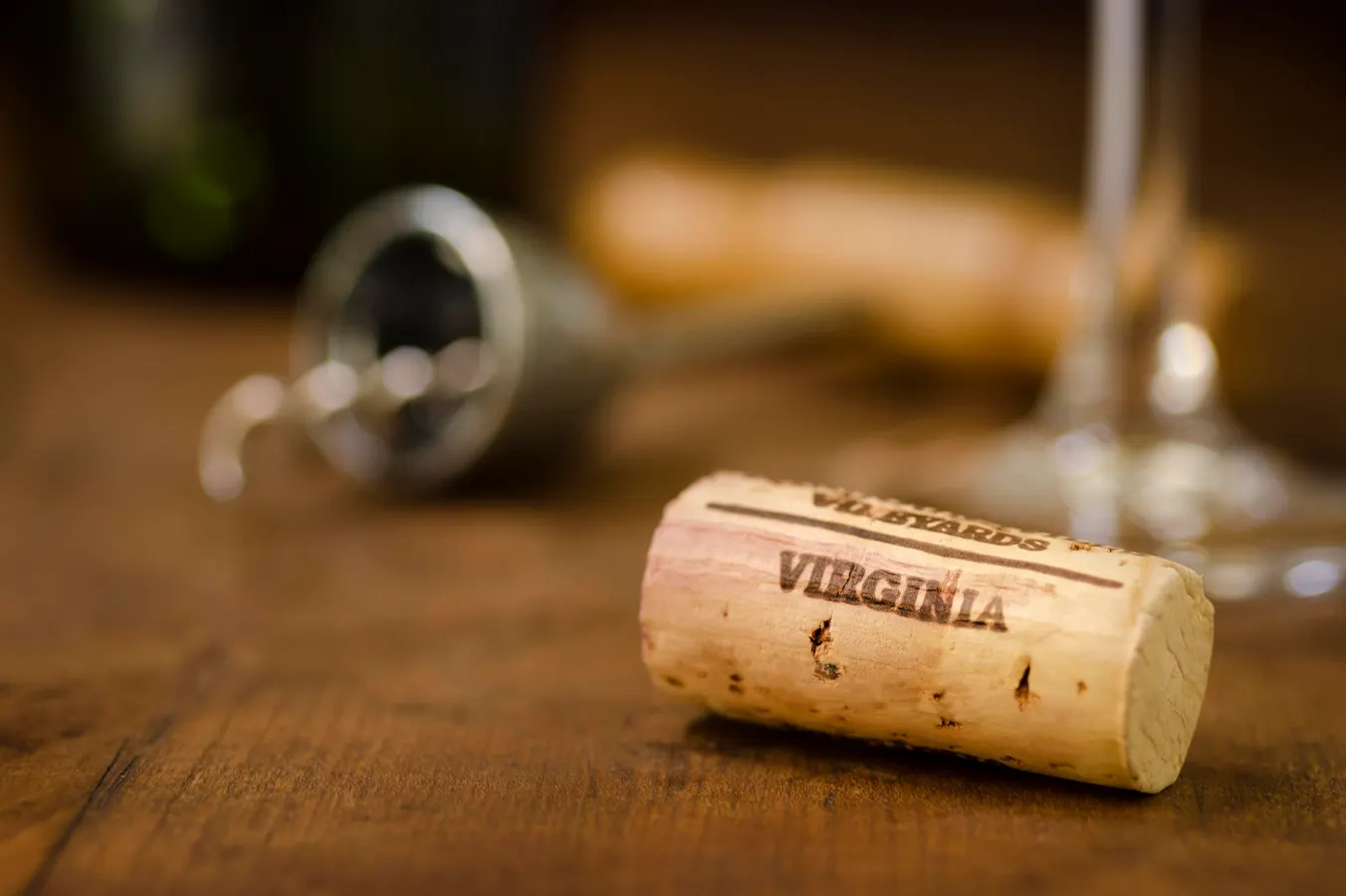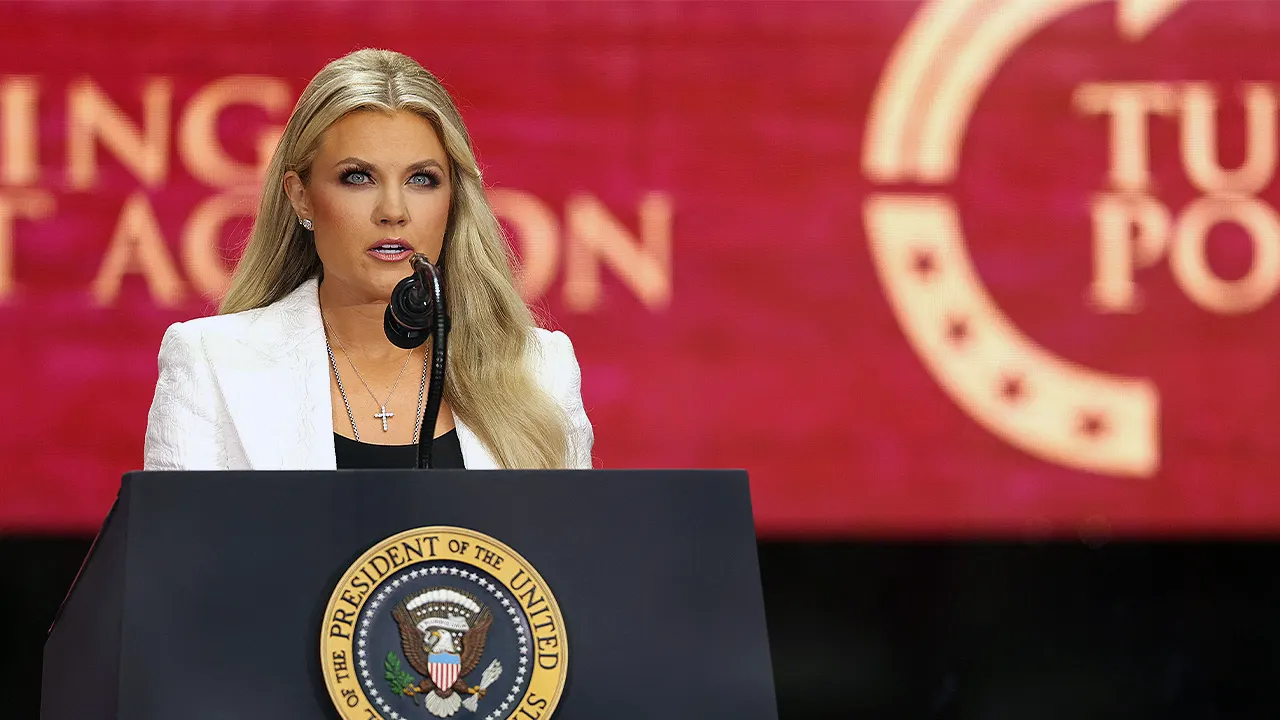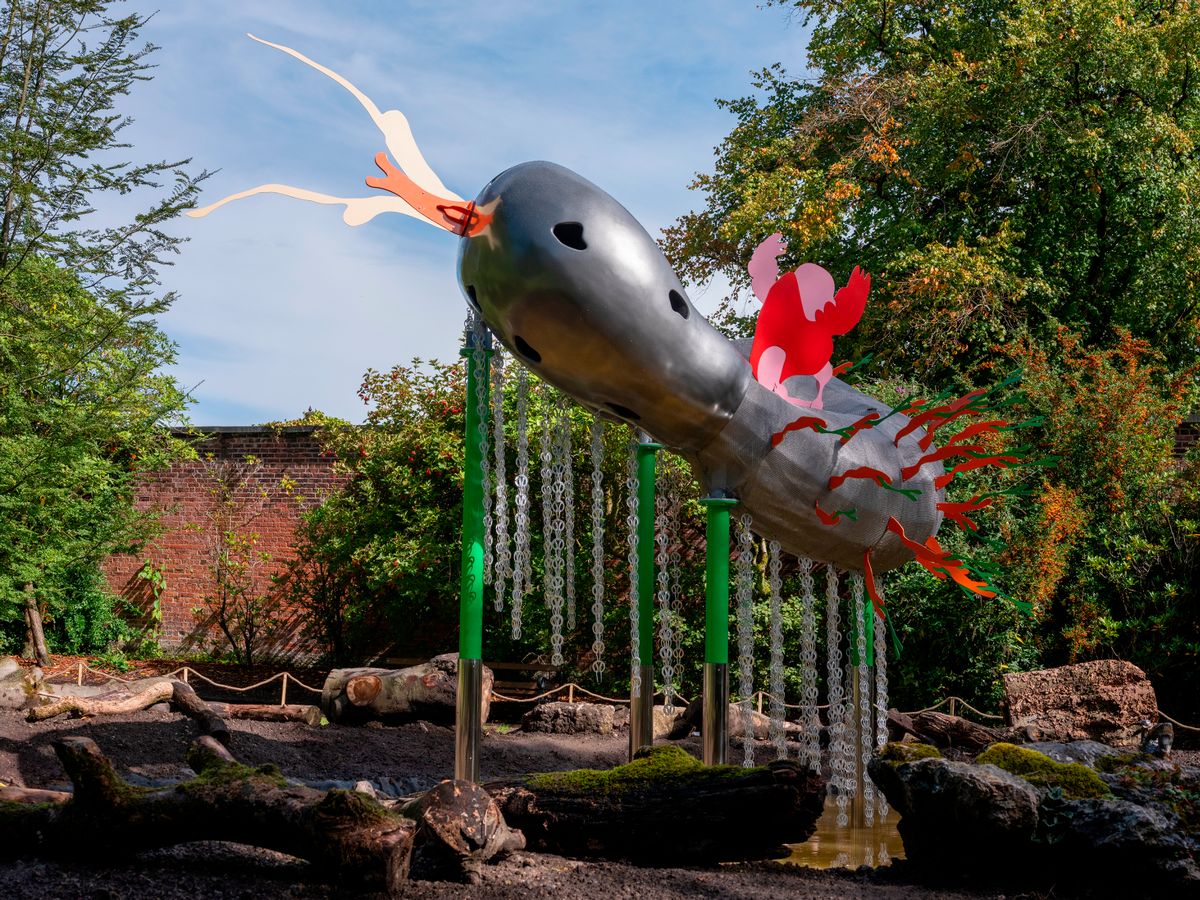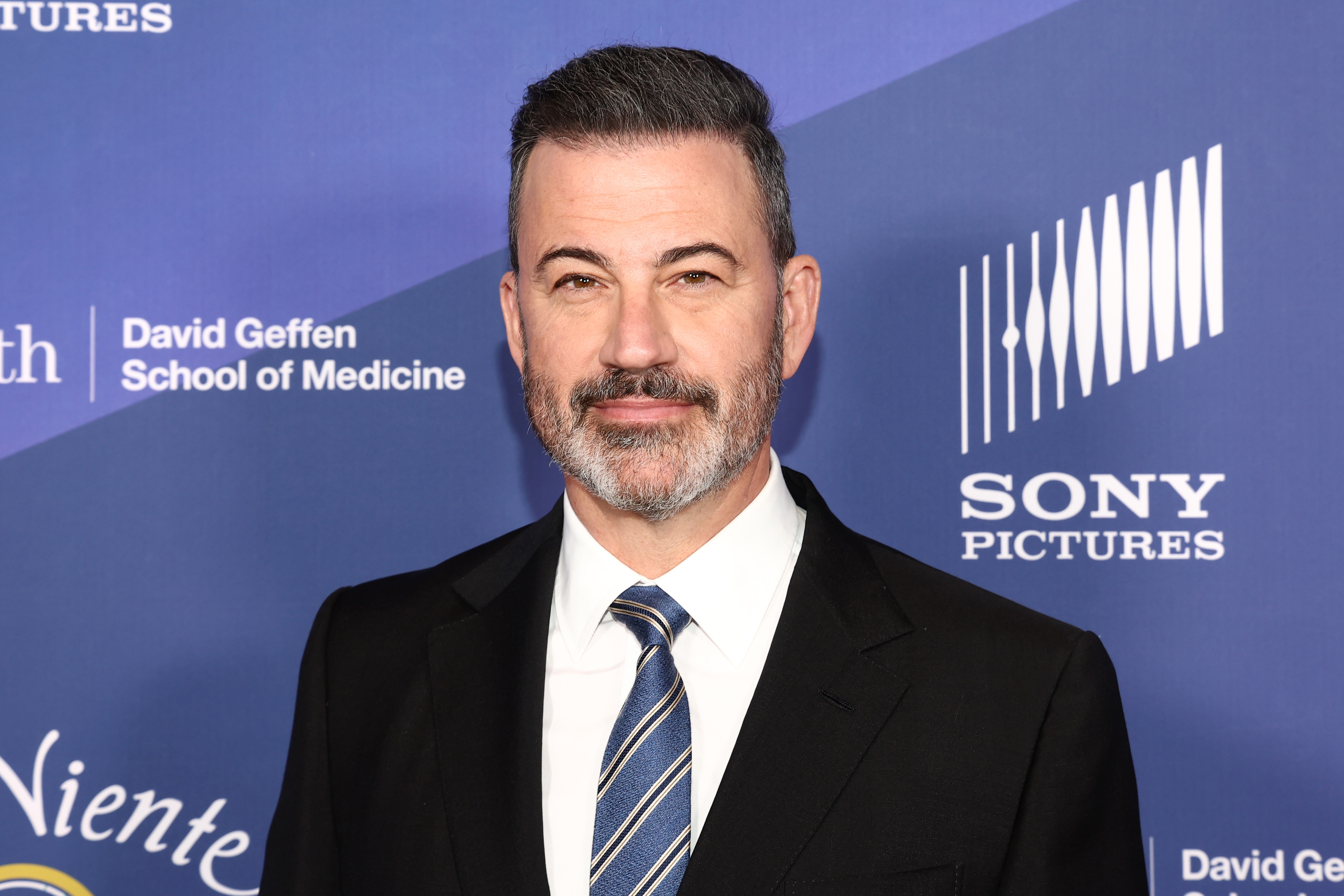By Contributor,Taryn White
Copyright forbes

Virginia is one of the top wine-producing states, with more than 300 wineries and eight official American Viticultural Areas.
The wine industry has long struggled with diversity, particularly when it comes to gender representation in key production roles. Worldwide, women account for less than 20 percent of winemakers, with even fewer in leadership positions or vineyard ownership. In Virginia, however, the landscape is changing. The state is home to a growing wave of women winemakers who are not just finding space in the industry but redefining it.
From spearheading research initiatives to crafting award-winning wines, Virginia’s women winemakers are bringing fresh perspectives, technical expertise and a deep connection to place. Their work is proof that great wine has no gender. This Virginia Wine Month, let’s raise a glass to four remarkable women who are breaking barriers, shaping the industry and inspiring the next generation.
Maya Hood White, Early Mountain Vineyards
Maya Hood White employs a site-driven, low-intervention approach to winemaking.
Early Mountain Vineyards
Maya Hood White’s path to winemaking began long before she worked in a vineyard professionally. Growing up in Santa Barbara, California, she was surrounded by a food culture where wine was not reserved for special occasions. It was part of everyday life, picked up at the local market along with fresh produce and a jar of peanut butter. Raised vegetarian in a family that valued healthy eating, she learned early on to appreciate the connection between the land and the table. One of her most vivid childhood memories is of her dad making pancakes from scratch, starting with wheat berries he ground into flour himself. Those childhood experiences instilled in her a profound appreciation for the origins of what we eat and drink, a value she carries into every bottle she produces.
Though she initially pursued a more technical path in mathematics and natural sciences at Virginia Tech, her curiosity about wine quietly grew until it ultimately became a calling. After working two harvests as an intern and discovering a true passion for the craft, she pursued her M.S. in Viticulture and Enology at the University of California, Davis.
MORE FOR YOU
Today, as head winemaker at Early Mountain Vineyards, Hood White is recognized for her precision, thoughtful experimentation and deep respect for the land and is passionate about highlighting the distinctive character of Virginia’s terroir. Petit Manseng has become her favorite white variety to work with. She explains that the grape thrives in many parts of Virginia thanks to its thick skins, high potential alcohol, and ability to adapt to a variety of growing conditions. “It makes such a unique wine,” she says, “allowing us to achieve an aromatically diverse, highly textural, and acid-driven wine.”
Her approach to Petit Manseng demonstrates a willingness to push boundaries and reimagine what Virginia wines can be. This vision has earned her national recognition. In 2024, she was named a finalist for Wine Enthusiast’s “Winemaker of the Year” and VinePair’s Next Wave Awards. Looking ahead, Hood White is excited about new vineyard plantings and the opportunity to continue shaping the future of Virginia wine. Her commitment to site-driven expression and her belief in letting the land speak through the bottle suggest that the best is still to come.
Melanie Natoli, Cana Vineyards
Melanie Natoli was the first female winemaker to win the modern Virginia Governor’s Cup competition.
Jennifer Jule Studios
Originally trained as a physical therapist, Melanie Natoli didn’t discover her passion for wine in a classroom, but through a growing fascination with the connection between people, place and the art of transformation. In 2009, she accepted a harvest internship at Fabbioli Cellars in Leesburg, VA, gaining hands-on experience in both the vineyard and the cellar while continuing to balance her career in physical therapy.
Two years later, she made the leap, leaving the stability of her first profession to become Fabbioli’s assistant winemaker full-time. In 2015, Natoli joined Cana Vineyards, stepping into the role of head winemaker and vineyard manager, where she helped develop the vineyard’s estate program and championed her favorite wine: rosé.
Driven by a mission to showcase rosé’s true character, Natoli wants people to appreciate not just its vivid color, but also its nuanced flavors. “Rosé is a joyful wine that is seemingly simple, yet often surprisingly complex,” she explains. “My Cabernet Franc Rosé is my personal favorite.” Beyond her expressive rosés, she crafts refreshing Albariños, bold Petit Verdots, and complex blends.
Natoli approaches winemaking with rigor and intuition, earning her widespread recognition for wines consistently praised for their balance and depth. In 2017, she won “Woman Winemaker of the Year” from the International Women’s Wine Competition. She also became the first woman to win the modern Virginia Governor’s Cup in 2022.
Beyond the accolades, Natoli believes in nurturing vines year after year and honoring the gifts and challenges of each growing season. She allows each grape and vineyard site to express itself, focusing on minimal intervention and attentive vineyard management. For her, winemaking is not just a profession but also a form of storytelling.
Emily Hodson, Veritas Vineyards & Winery
Emily Hodson won the 2025 Rich Smith Award of Excellence.
Jeremy Chapline
One glass of Cloudy Bay Sauvignon Blanc, shared with her father at age 21, was all it took to spark Emily Hodson’s curiosity about wine. Growing up in Jacksonville, Florida, she never imagined her life would lead to the foothills of the Blue Ridge Mountains. But in 1999, when her family bought a piece of land in Afton, Virginia, billed as the “perfect vineyard site,” everything changed.
At the time, she was working in public health, but the pull of vineyard life proved irresistible. In 2003, she earned her master’s degree in fermentation science from Virginia Tech and then joined her parents, the owners of Veritas Vineyards & Winery, to begin her winemaking career. Now, after more than two decades in the industry, Hodson is not only the lead winemaker at Veritas but also a leader in research and innovation, co-founding Virginia Resistant Varieties in partnership with the Winemaker’s Research Exchange to advance grape science and sustainability in the region.
Veritas Vineyards crafts elegant, estate-grown wines that showcase Virginia’s unique terroir.
Hannah Gentry
At Veritas, Hodson crafts a diverse portfolio of wines from 11 grape varieties, producing 19 different wines. Those include single-varietals and blends like the Monticello White. Her Reserve Cabernet Franc is particularly close to her heart, as a wine she only makes in exceptional vintages. Speaking about her love for the grape, she says, “There’s something special about crafting a 100% Cabernet Franc in Virginia. It ages so beautifully and really shines on its own, without any blending.”
Hodson’s skill and dedication have earned her numerous honors, including the 2025 Rich Smith Award and the title of “Virginia Wine Person of the Year” in 2017. But Hodson sees winemaking as much more than accolades. For her, it’s about propelling the industry forward while carrying forward a family legacy built through years of harvests, shared meals and the quiet joy that comes with every vintage.
Sharon Horton, Horton Vineyards
Caitlin, Sharon and Shannon Horton stand in their vineyard with Sharon’s dog Syrah.
Horton Vineyards
When Sharon Horton and her late husband, Dennis, set out to start their winery in the 1980s, Sharon wanted nothing to do with it. Dennis dreamed of building a winery right on their home property, but Sharon flatly refused. “I wrote a letter that I made him sign, saying the winery would not be at our house,” she recalls with a laugh. “He looked at me funny, but I told him I was serious. He signed it, and I still have that letter on my desk.”
However, when their first vineyard manager made a series of mistakes, Dennis brought Sharon into the business. With her nursing and farming background—growing up in Rhineland, Missouri, where her family raised vegetables and small-grain crops like wheat, soybeans, and corn—Sharon quickly proved she had the instincts to help the vines thrive. She started by planting Viognier, Malbec and Cabernet Franc grapes, which performed so well that she expanded to additional varieties.
Today, Horton Vineyards produces more than 60 wines from 16 grape varieties, ranging from Norton to Pinotage. Over the years, the winery has earned an impressive collection of gold and platinum awards, including two wins at the prestigious Virginia Governor’s Cup in 1993 and 2019. Sharon herself received the Virginia Vineyards Association’s “Grower of the Year” award in 2009 and the “Trailblazer Award” from Virginia Women in Wine in 2025.
Caitlin Horton is Virginia’s youngest female head winemaker.
Horton Vineyards
Now, the next generation is carrying the family tradition forward. Dennis and Sharon’s daughter Shannon, who also helped to found Virginia Women in Wine, serves as general manager. Their granddaughter Caitlin has stepped into the role of winemaker, making her Virginia’s youngest head winemaker when she assumed the role four years ago.
For Caitlin, joining the family business was never really a question. “I was born into it,” she says. “I spent most weekends and school holidays with my grandmother in the vineyard, or running around the warehouse, climbing over wine cases like it was my personal jungle gym.” She later earned a winemaking certificate from Cornell University, though, as she admits, “I got that only after I was already doing the work.”
Looking back, Sharon says her proudest accomplishment isn’t just the awards or the wines themselves. It’s the role she’s played in opening doors for more women in the industry, especially her daughter and granddaughter. As Sharon looks forward to retirement and spending more time with her dog, Syrah, she finds joy in knowing that her work has evolved into something lasting: a family tradition sustained, a new generation of women empowered, and a vineyard story still unfolding.
Editorial StandardsReprints & Permissions



